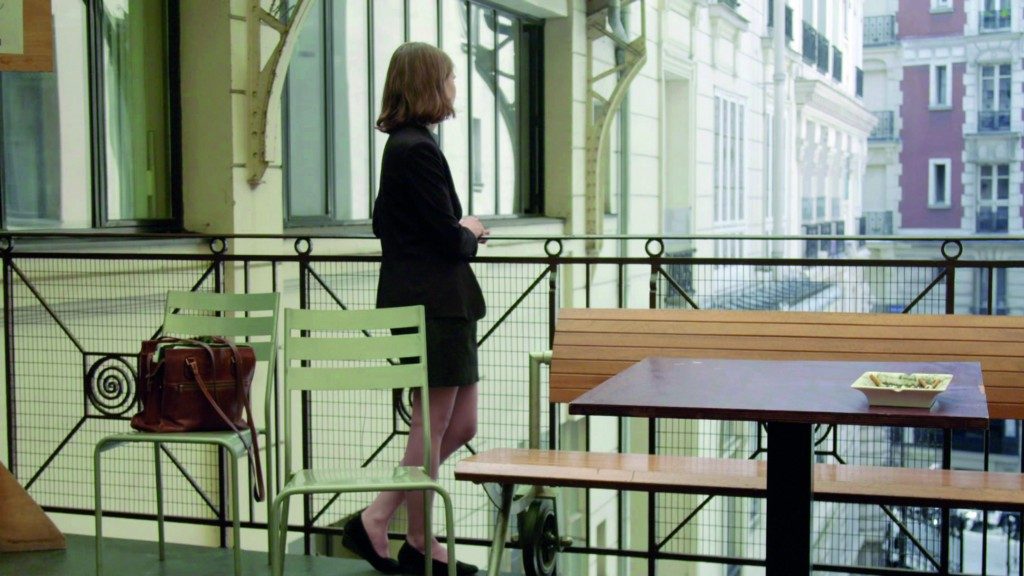Claire Simon is a screenwriter, actress, cinematographer, editor, and director. Simon has directed independent shorts and many documentaries throughout her filmmaking career, including “La Police,” “Les patients,” “Scènes de ménage,” and “Mimi.” Her first two fiction features, “Sinon, oui” and “Ça brûle,” were both presented at the Cannes Film Festival Directors’ Fortnight. In 2008, Simon directed “Les bureaux de Dieu,” a half-fiction, half-documentary work about Family Planning counselors and women looking for help or guidance.
“The Graduation” will premiere at the 2016 BFI London Film Festival on October 10.
W&H: Describe the film for us in your own words.
CS: The film is the story of a competition — the entrance exam to the most important French film school.
This process takes three months and, along the way, you can observe what young people have to go through to build what they think is their best future. The professionals who are selecting them are on the other side, wondering who to choose and why, imagining which person is standing in front of them, and, in the end, they are selecting their heirs.
W&H: What drew you to this story?
CS: I have been working in this school for a long time. And it struck me at several moments that what was happening in front of me was worth telling — even if it wasn’t news or war, it was life.
W&H: What do you want people to think about when they are leaving the theater?
CS: Is filmmaking a better way to fulfill your life than a good marriage?
W&H: What was the biggest challenge in making the film?
CS: Not to betray the people I was filming and to show what was really happening between [the energy of the youth] and the judgment of the elders.
W&H: How did you get your film funded? Share some insights into how you got the film made.
CS: My producer worked hard — we finally got what we needed when the film was finished.
W&H: What does it mean for you to have your film play at LFF?
CS: It means a lot because I was born in London.
W&H: What advice do you have for other female directors?
CS: Be the cinematographer or the actress to keep the power.
W&H: Name your favorite woman-directed film and why.
CS: Agnès Varda’s films, because she is a great searcher with great accomplishments. More recently, Maren Ade’s great “Toni Erdmann.”
W&H: Have you seen opportunities for women filmmakers increase over the last year due to the increased attention paid to the issue? If someone asked you what you thought needed to be done to get women more opportunities to direct, what would be your answer?
CS: A [campaign] or special help to begin a project or national quota to get more women directors.







